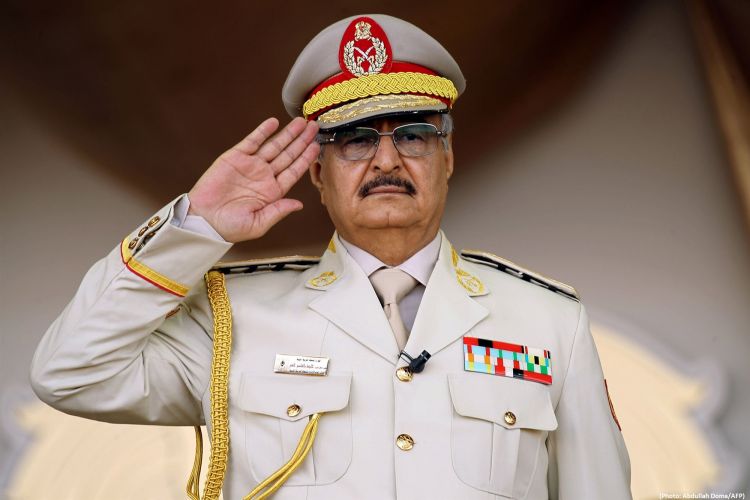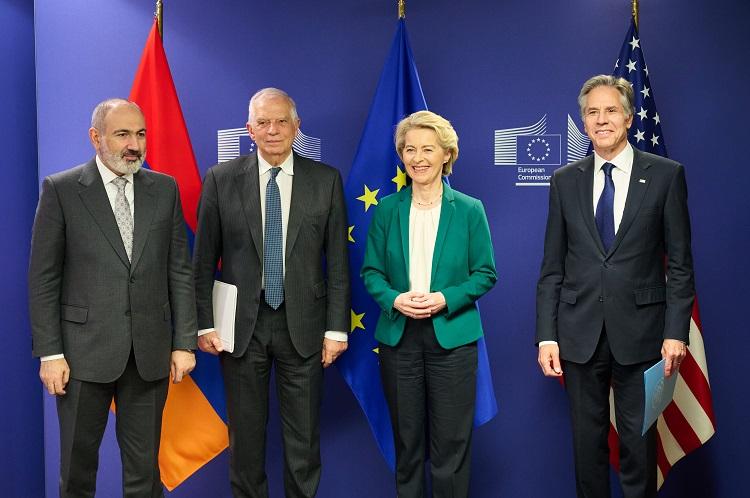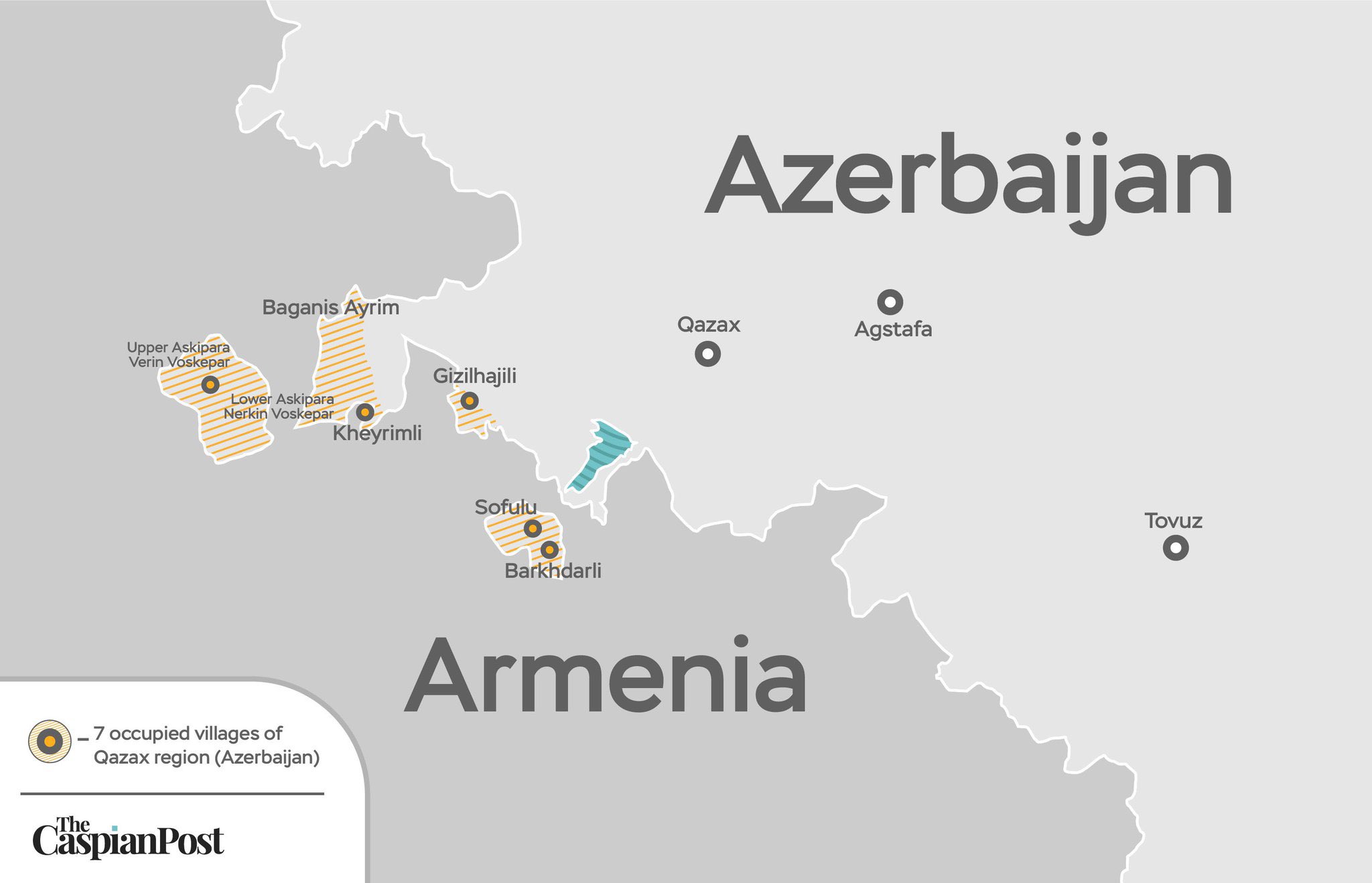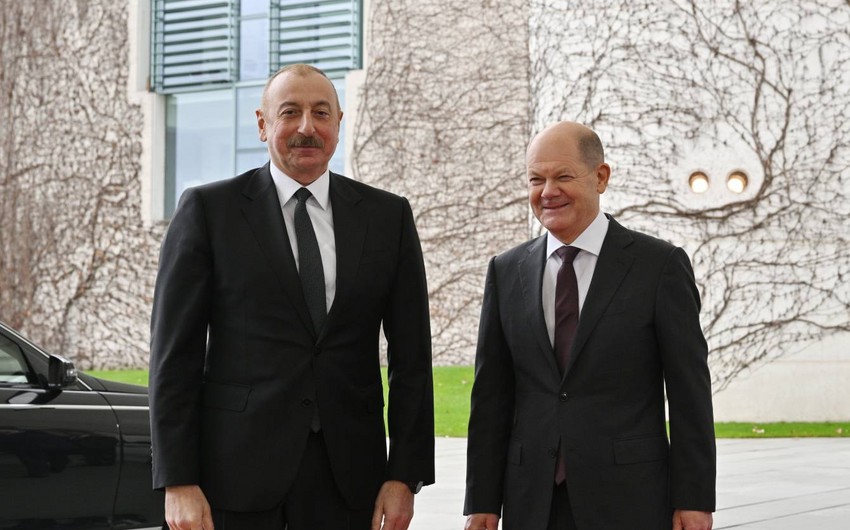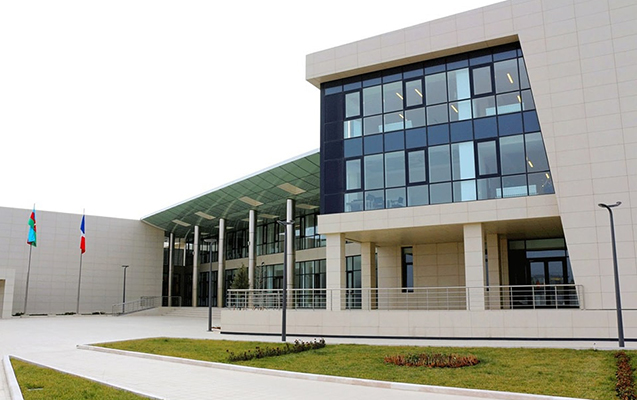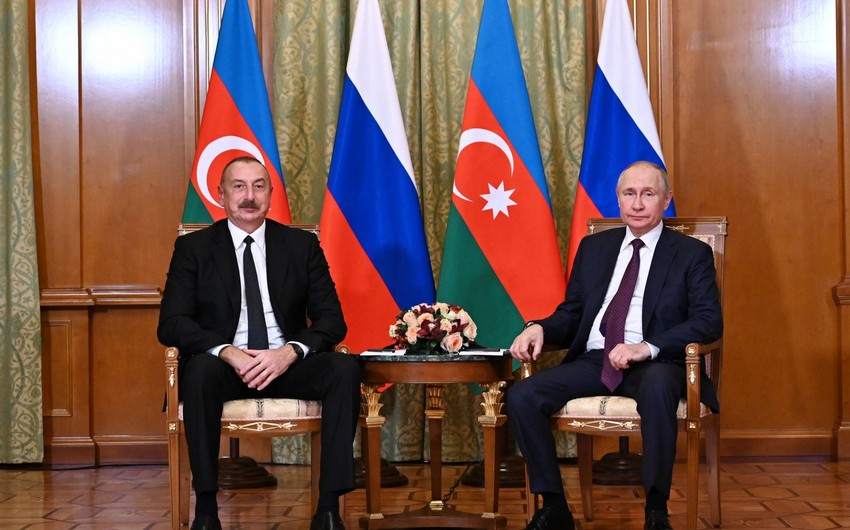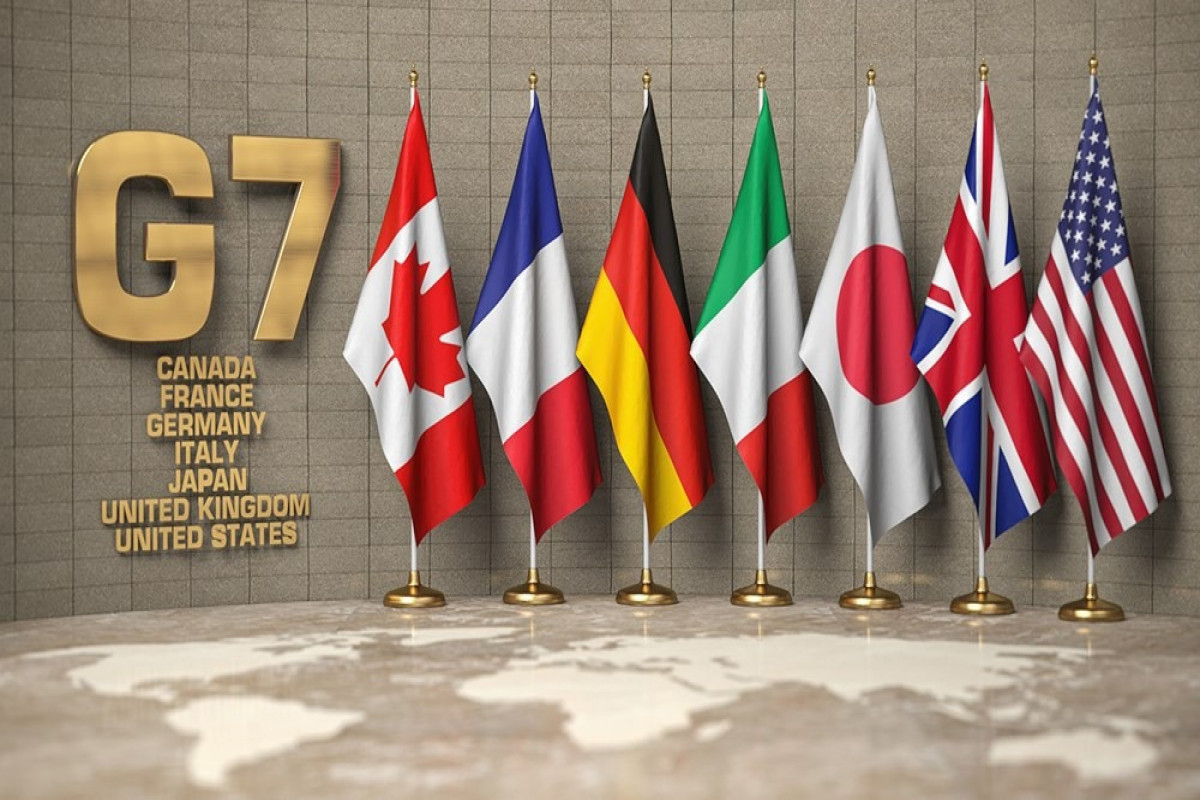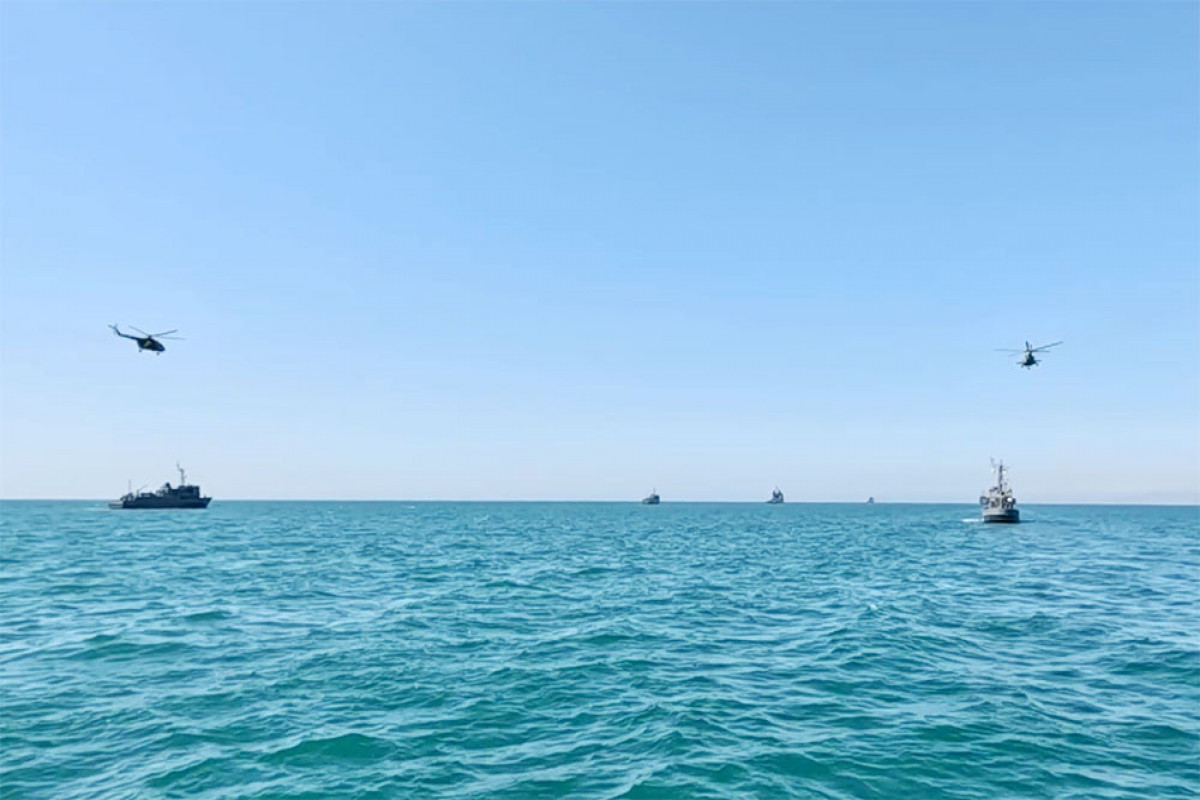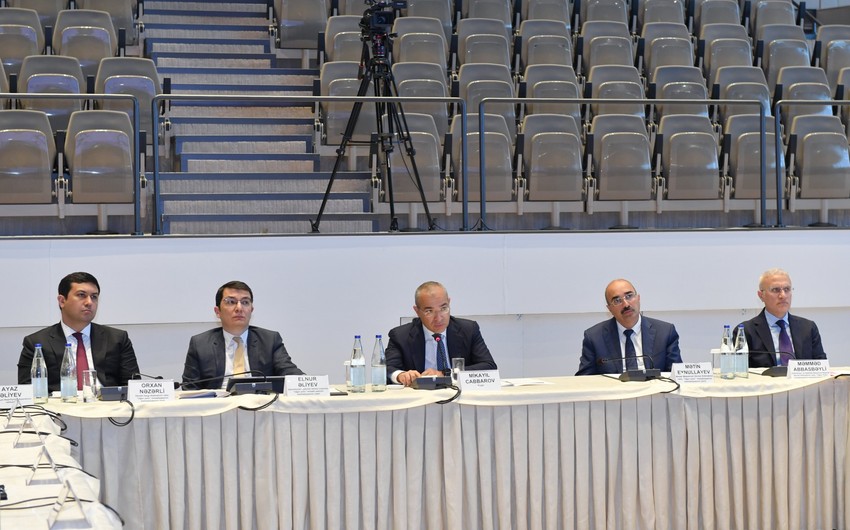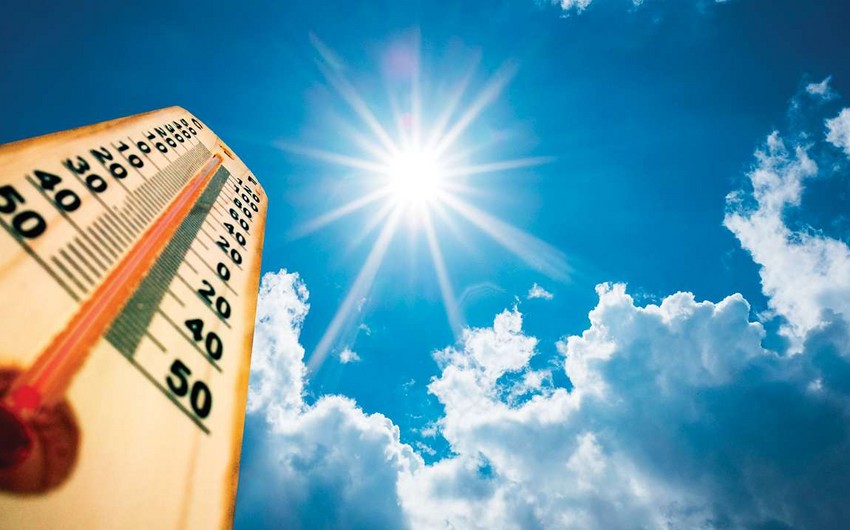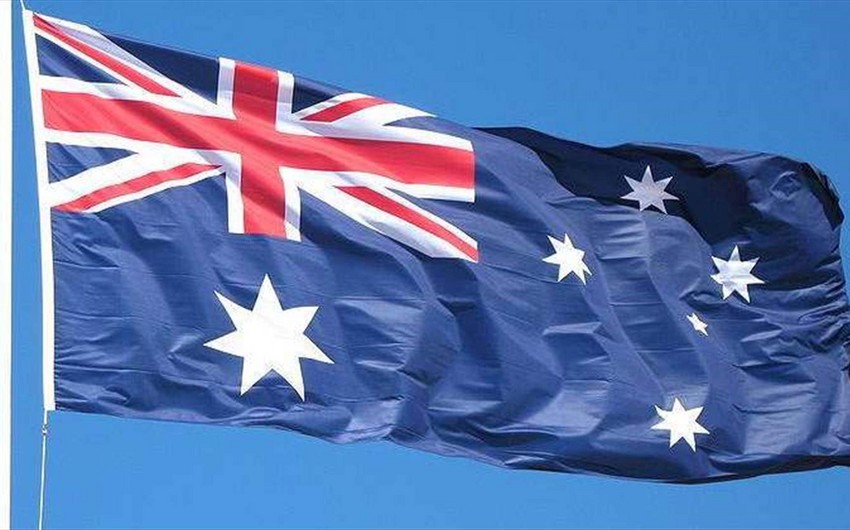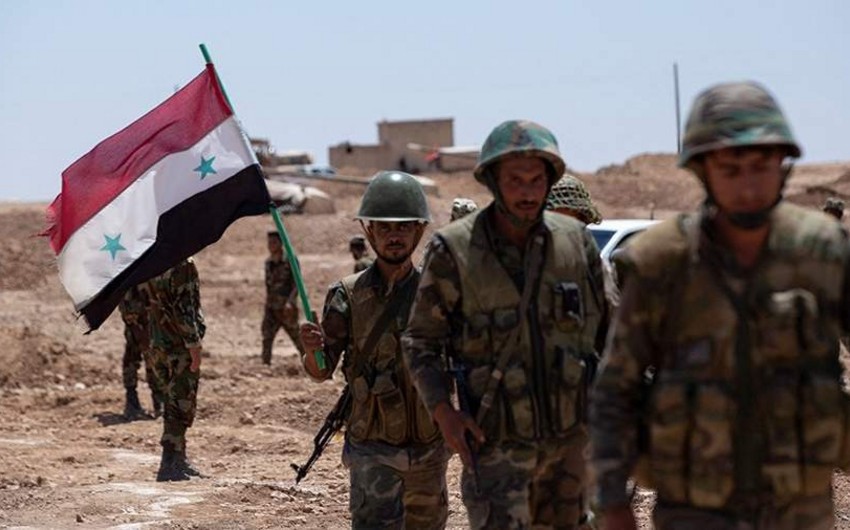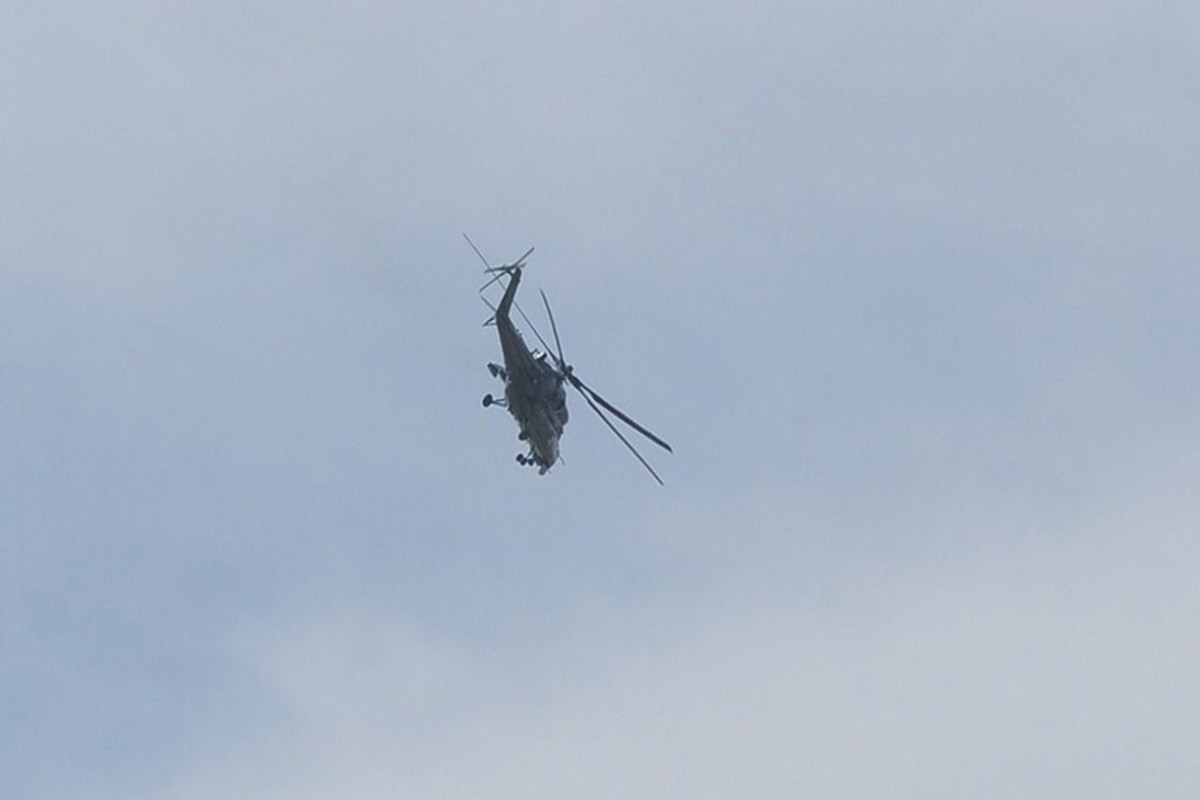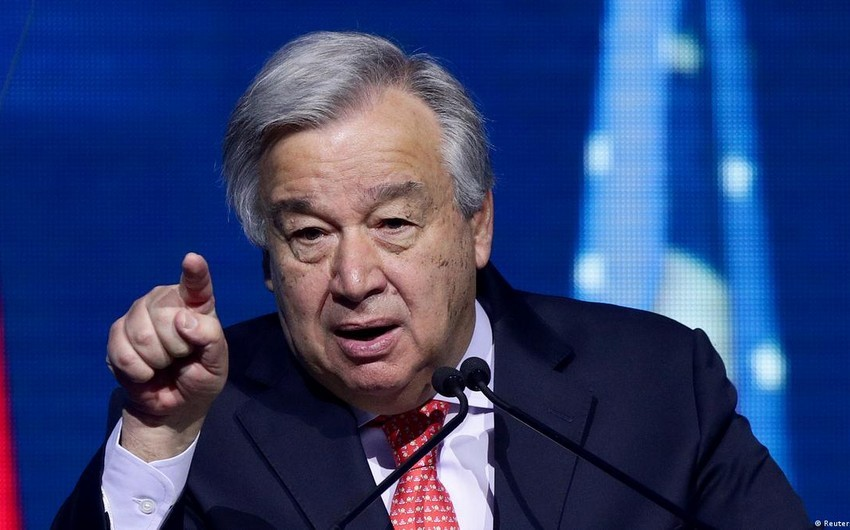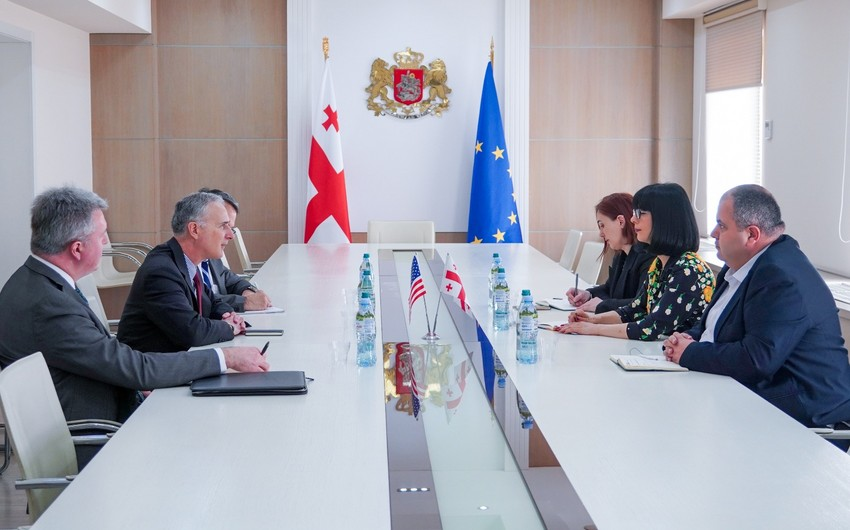The Trump administration’s about-face on Libya leaves few options in the face of a dramatic escalation of violence.
Last month, President Trump threw U.S. policy toward Libya into disarray during a phone call with Khalifa Haftar, a self-avowed autocrat and commander of the Libyan National Army (LNA). Earlier in April, Haftar and the LNA launched an assault on Tripoli, the capital and seat of Libya’s U.N.-backed and internationally recognized Government of National Accord (GNA).
The offensive preempted a U.N.-led diplomatic initiative supported by the United States. Secretary of State Mike Pompeo, one of the president’s most reliable spokesmen, issued a statement the week before the president’s conversation, calling for “the immediate halt to these military operations” by Haftar. The United States had previously signed a joint statement condemning Haftar’s incursion and supported a U.N. Security Council resolution calling for a cease-fire.
Trump’s April 15 call — lending legitimacy and support to Haftar — undercut the messages of Pompeo and senior U.S. diplomats.
What explains this apparent U-turn in U.S. policy toward Libya, and what are its potential consequences?
Who is Khalifa Haftar?
Haftar, a former Libyan army officer who fled to the United States after a participating in a failed CIA-backed coup against the dictatorship of Moammar Gaddafi 30 years ago, returned to Libya after the 2011 uprising. In 2014, Haftar launched “Operation Dignity,” a military offensive against Islamists, for which he earned the backing of the United Arab Emirates, Saudi Arabia, Egypt, Russia and, at times, France.
Like the militias defending the GNA, Haftar’s Libyan National Army is in fact a loose coalition of armed groups over which he does not have complete control. While Haftar enjoys some popularity in eastern Libya, many in the west fiercely oppose him for his heavy-handed approach and his tactical alliances with fundamentalist Salafi militias and Darfuri rebels. In the past, Haftar’s forces reduced the eastern city of Benghazi to rubble and have been accused of carrying out war crimes and employing child soldiers.
Why the U.S. has not previously backed Hafter
The United States has debated how to deal with Hafter since the Obama administration, as one of us describes in a forthcoming book on U.S. policies in the Arab world after 2011.
In 2015, as parts of Libya fell under the control of the Islamic State, segments of the defense and intelligence communities pushed for greater backing of Haftar. In the eastern Libyan city of Benghazi, Haftar fought jihadist armed groups — some of them complicit in the September 2012 attack that resulted in the deaths of U.S. Ambassador Christopher Stevens and three other Americans. Some in the Defense Department saw in Haftar a strong partner for counterterrorism, a central focus of U.S. policy in Libya since 2012.
Interviews with former U.S. government officials indicate that, at that time, the State Department argued for a balanced approach to dealing with Libya’s warring factions. Diplomats urged continued support for the U.N.-mediated peace, and Washington kept Haftar at arm’s length.
The Trump administration’s policy shifts
When Trump was elected president, many Libya policy analysts assumed he would pick Haftar as the White House’s preferred Libyan warlord, if for no other reason than to contradict Obama’s policy.
Haftar’s claims to be fighting Islamists and terrorists resonated with a White House fixated on “radical Islamic terrorism.” The preeminence of advisers with a military background in Trump’s inner circle and the increased autonomy enjoyed by the Pentagon under the Trump administration also foreshadowed a policy privileging counterterrorism. Trump himself repeatedly expresses an affinity for autocratic strongmen, and Haftar fit that mold. John Bolton, Trump’s hawkish national security adviser, also pushed Trump to embrace Haftar.
But for the first two years of Trump’s presidency, the White House continued Obama’s policy of backing the GNA. Fayez Sarraj, the prime minister of the GNA, traveled to Washington and met with Trump at the White House in December 2017. In December 2018, Pompeo met Sarraj in Brussels and affirmed Washington’s “strong partnership” with the GNA on counterterrorism and other issues. Trump has not appointed a special envoy for Libya policy or an ambassador to Tripoli. During an April 2018 meeting with the Italian prime minister, Trump announced that he had no intention of ramping up U.S. engagement.
This continuity can be partially explained by bureaucratic politics and inertia: The State Department expended significant diplomatic capital in the negotiations that led to the creation of the GNA. Entering National Security Council officials had other priorities and were unwilling to contradict its Libya policy. Interviews suggest that State Department officials guarded the agency’s primacy on the Libya portfolio.
Why the change, and why now?
While the impetus to support Haftar had always existed inside the Trump administration, three factors contributed to the timing of this policy change.
Haftar’s offensive on Tripoli after his victories in the south gave an opportunity for shifts in U.S. policy. The recent expiration of waivers on oil sanctions against Iran and the pressure the Trump administration is bringing to bear on Venezuela, another major oil producer, means that keeping Libyan oil production going (centered in territories controlled by Haftar) is increasingly important to the White House.
Trump’s April 9 White House meeting with Egyptian president Abdel Fatah al-Sissi may have been the catalyzing factor. Trump previously demonstrated a penchant for dramatic policy shifts after conversations with foreign leaders. It was Sissi — a staunch supporter of Haftar and close ally of the UAE’s Mohammed bin Zayed and Saudi Crown Prince Mohammed bin Salman — who pressedTrump to back Haftar, given his recent territorial gains.
Even with Trump’s backing, Haftar’s ability to establish control over all of Libya is very much in doubt. After years of fighting, the LNA can barely secure the east of the country and only recently captured parts of the south. Its offensive against Tripoli has stalled. The carefully crafted U.N. diplomatic initiative has been deeply wounded, leaving few options in the face of a dramatic escalation of violence in Libya and a humanitarian crisis on Europe’s doorstep.
Mieczysław P. Boduszyński is assistant professor of politics and international relations at Pomona College
Christopher K. Lamont is associate professor of international relations and a member of the Institute for International Strategy at Tokyo International University.

